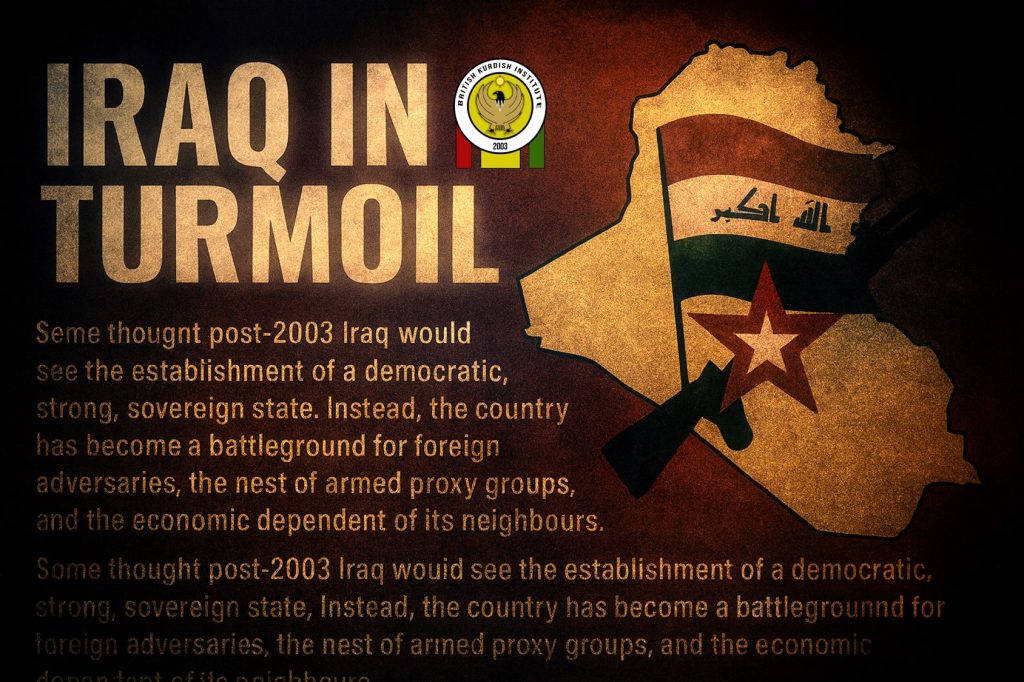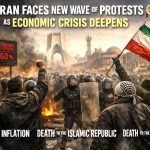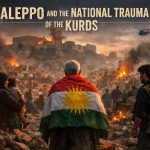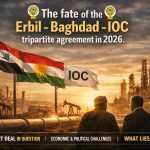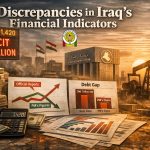Post-2003 Expectations vs Harsh Realities
When Saddam Hussein’s regime fell in 2003, many believed Iraq would rise as a strong, democratic, and sovereign state. Instead, Iraq has turned into a battlefield for foreign powers, a hub for armed proxy groups, and an economy heavily dependent on its neighbors.
A Year of Escalation: 2020 in Focus
The year 2020 highlighted Iraq’s fragile reality. Domestic militias launched repeated rocket attacks, while escalating U.S.-Iran tensions brought the Middle East to the brink of war. On top of this, Iraq suffered economic collapse from the COVID-19 pandemic, falling oil prices, and years of mismanagement.
Turkish and Iranian Strikes on Iraqi Soil
Tensions spiked further in June 2020 when Turkey launched Operation Claw-Eagle and Operation Claw-Tiger, striking suspected PKK targets in northern Iraq before sending in ground troops. Almost simultaneously, Iran shelled border regions of the Kurdistan Region, targeting PJAK and PKK positions. Reports even suggested coordination between Tehran and Ankara.
Although Baghdad summoned both the Turkish and Iranian ambassadors, analysts argue Iraq’s leadership has quietly permitted these operations. In return, Turkey is expected to hand over captured ISIS leaders to Baghdad. Meanwhile, Ankara has openly announced plans to expand its military bases in northern Iraq.
The PKK Factor: Ally or Adversary?
The PKK once fought side by side with Iraqi and Peshmerga forces against ISIS. Yet, today it is branded a terrorist group by neighboring states. With an estimated 8,500–10,000 fighters scattered across Iraq, mostly in the rugged Qandil mountains, the PKK remains both a strategic partner and a political liability.
Iran-Backed Militias and the PMF Dilemma
Adding to Iraq’s sovereignty crisis are dozens of Iran-backed militias, many operating under the umbrella of the Popular Mobilization Forces (PMF). Created in 2014 to fight ISIS, the PMF now includes around 60 paramilitary groups. Some are loyal to Baghdad, but many answer directly to Tehran.
Since the U.S. killing of Iranian general Qasem Soleimani and PMF leader Abu Mahdi al-Muhandis, Iran-aligned groups have intensified attacks on U.S. bases and diplomatic sites in Iraq. Although Prime Minister Mustafa al-Kadhimi attempted to rein them in—ordering raids against Kataib Hezbollah—the fighters were soon released, raising questions about the government’s control.
U.S.-Iraq Strategic Dialogue: Sovereignty at Stake
In April 2020, Washington and Baghdad launched strategic dialogue talks. The U.S. agreed to gradually reduce troop numbers, transferring several bases to Iraqi control. While some saw this as a response to rocket attacks, U.S. officials framed it as part of a broader repositioning strategy.
Still, Iran-backed factions criticized Iraq’s negotiating committee as being too close to the U.S., accusing its members of dual loyalties. Iraq’s lead negotiator, Abdul-Karim Hashim, admitted he had far more contact with American officials than with Iranians, further fueling these claims.
Iraq’s Future: Sovereignty or Dependency?
The second round of U.S.-Iraq talks is scheduled in Washington, but it remains unclear whether Turkish and Iranian operations will even be addressed. Meanwhile, Turkey’s NATO allies, including the U.S., remain largely silent on Ankara’s military campaign—silence many interpret as tacit approval.

